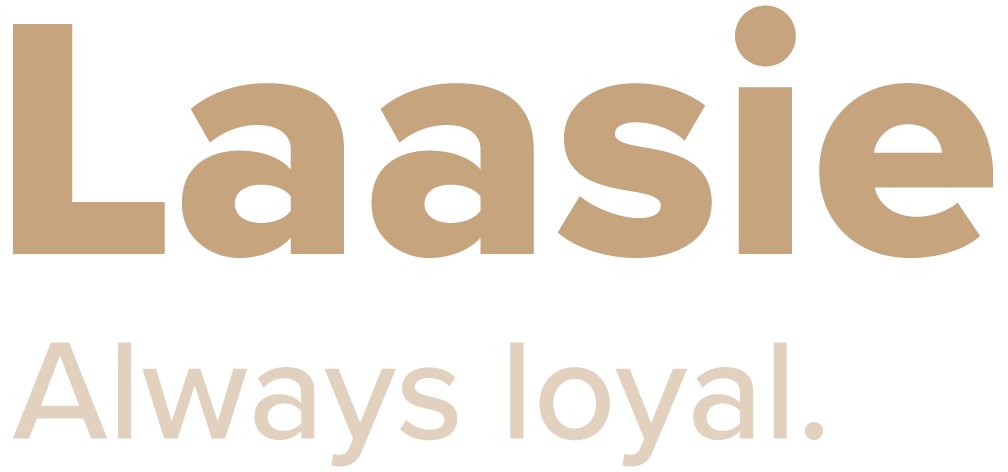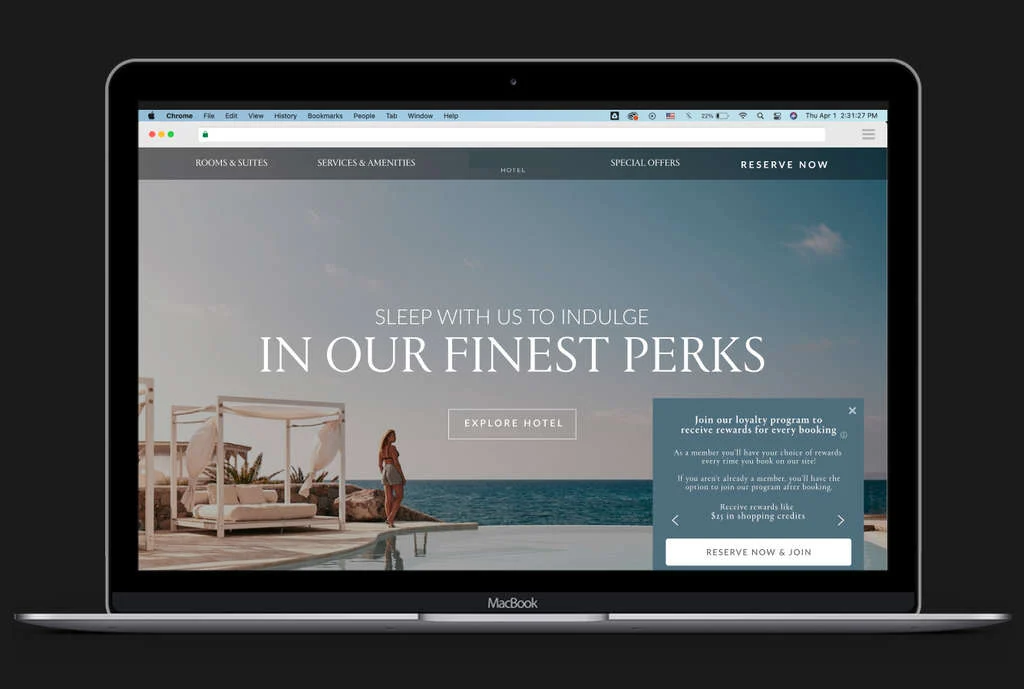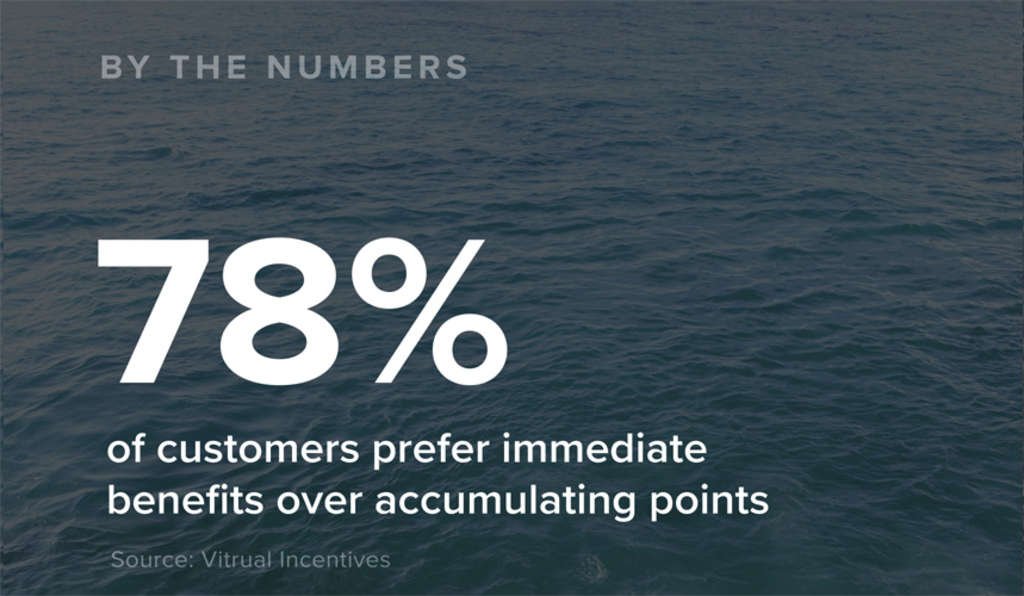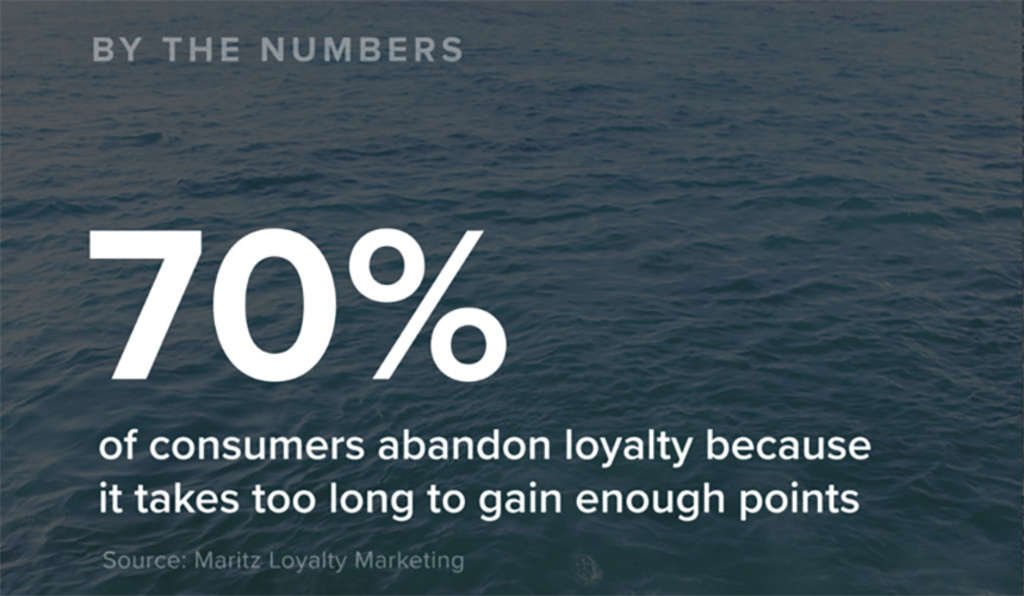I’ve spent much of my career discussing and predicting the evolution of our industry. Of course, much of this effort focuses explicitly on changing guest expectations and trends, as they set a precedent for the best practices adopted by hotels, airlines, and travel companies. However, amidst all the many changes that have unfurled over the last decade – most of which are a byproduct of digital innovation and disruption – there exists a core aspect of the guest experience that has quietly transformed in the background: the hotel room.
Think back to the last time you stayed in a hotel room. Once you have conjured that image in your mind, I want you to think back to a hotel room you stayed in 5-10 years ago if you can. Can you pinpoint any significant differences between the hotel room of today and the hotel room of the past? You should – because over the last decade, the hotel room archetype has undergone a Marie Kondo-Esq makeover, if you will. This minimalistic refinement has only been exacerbated by the COVID-19 pandemic, which has turned the hospitality industry on its head for two excruciatingly long years. With the dust of the pandemic finally settling, we must now survey the landscape and take note of that which remains the same and has transformed under pressure. In this particular case, the hotel room as we once knew it is shrinking before our eyes.
A Less is More Approach
“My hands were as dry as parchment when I checked into Washington’s Donovan House hotel on a bitterly cold day last winter,” wrote Nancy Trejos in a 2011 Washington Post article. “Eager for some moisturizer, I went straight to the bathroom, where I discovered no moisturizer to be found. Nor was there any shower gel for bathing, just plain old skin-drying soap. I was perplexed. Where were my favorite toiletries? For a while, you could count on your average hotel room to be almost as well-stocked as a Wal-Mart. Walk into the bathroom, and you’d find shampoo, conditioner, lotion, mouthwash, a shower cap, and not one but two bars of soap, in case you didn’t want to lather your body with the same suds that oozed over your hands. Lost a button? Mending kit right this way. Want to buff your shoes? Grab the shoe mitt. But the recession put the brakes on such bountiful in-room accouterments.”
Of course, the economic downturn she was referring to was the 2008 recession which, much like the COVID-19 pandemic, set in motion a series of industry-wide adjustments that would remain for the foreseeable future. While many of us have fond memories of eagerly stuffing travel-size shampoos, conditioners, and body wash bottles into our suitcase only to have them promptly replaced on our guest room vanity, hotels have since shifted their approach. But as it turns out, the phase-out of individually bottled bathroom toiletries was just the beginning.
Around the world, many hotels have also begun replacing bathtubs with showers to address hygiene concerns and save on space. Of course, that’s not to say bathtubs are impossible to find, but they may be exclusive to specific suites rather than offered as the standard throughout a property. We’ve also seen the gradual death of the hotel mini-bar, which used to be a nostalgic staple within the hospitality experience and room service offerings. If we are being transparent, traditional hotel mini-bars often require more operational headaches and maintenance costs than they were worth. As a result, the convenience they provided guests came at a notoriously steep price. Now, many hotels are instead prioritizing memorable cocktail experiences, including customized bar carts serviced by bartenders with the skills to make specialty cocktails. Room service, on the other hand, has been largely replaced with unique dining options and community workspaces offered by hotels.
As hotels strive for enhanced sustainability, they are also moving to scale back on the frequency of guest sheet and towel changes, eliminate single-use plastic (a COVID-era staple), and reduce energy consumption via smart technology (such as thermostats). Furthermore, hotels are largely abandoning movie rentals in favor of smart TV applications widely embraced by the masses (Netflix, Hulu, Amazon Prime, etc.). Finally, many hotel rooms are now devoid of phones in favor of voice-activated assistants like Google minis and are opting for smart wardrobe-style closets rather than traditional dressers.
The Future is Bright
This is a ‘less is more’ approach to guest room design and helps hotels gain momentum in pursuing modern functionality and sustainable best practices. And really, why shouldn’t the hotel room transform in a similar fashion to the rest of the property? Around the globe, hotels are rapidly transforming their lobbies to offer digital-first, self-service conveniences (self-service kiosks, VR, AI, and more) while making way for unique, mixed-use rooms and experiences that encourage connection and appeal to leisure and business travelers alike. And now, more than ever, many hotels are answering guest demand for local experiences by embracing local style and culture within their layout and offerings while breaking the ‘traditional hospitality’ mold to usher in a new era of eco-conscious travel.
By leveraging the power of an AI rewards-based loyalty program with a growing network of 1,000+ big-name instant gratification partners, Laasie delivers rewards for on-property purchases, luxury amenity use, or on-property experiences. Guests can choose high-value rewards that are relevant to them and makes their stay more memorable. This is the key to driving direct bookings, loyalty, retention, and purchase behavior, helping hotels of all types compete with OTAs.
Let’s face it; today’s guests have an insatiable appetite for convenience, personalization, flexibility, blended travel offerings, local experiences, sustainable policies, and, perhaps more importantly, a balance of high-touch and high-tech touchpoints. After all, as our personal and professional habits continue to evolve to embrace emerging technology, it’s only natural for those preferences and habits to extend into the realm of travel, and thus, must be accounted for. The use of modern loyalty technology opens up new revenue opportunities for hotels that are infinitely scalable.
So yes, the hotel room is – technically speaking – shrinking, but it's simultaneously expanding in other, meaningful ways. More importantly, hotels are leveraging modern technology to expand their offering beyond the physical attributes of any guest room. Using technology to enhance guest experiences, hotels can downsize other, more antiquated guest service elements while driving revenue in new, exciting ways.
Ellis Connolly
Chief Revenue Officer


























